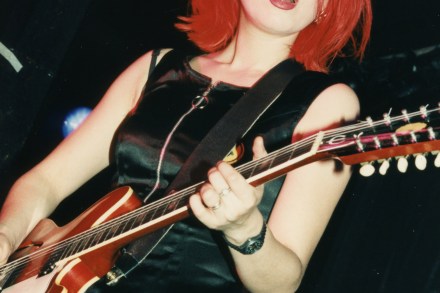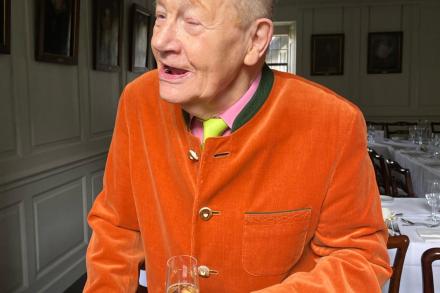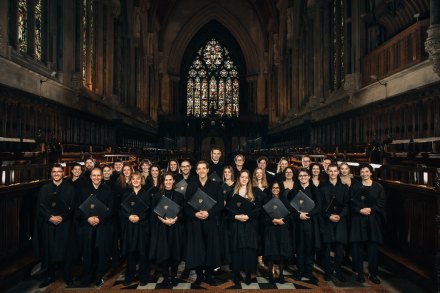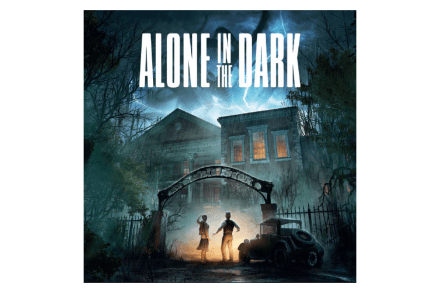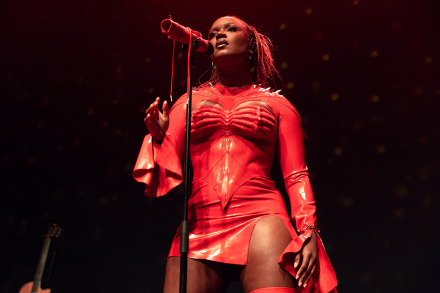Pop musicians, be proud of your middle-class upbringings
Tracey Thorn’s was ‘by no means luxurious.’ Brett Anderson had a ‘small, very small’ one. Miki Berenyi’s was ‘shabby and dirty.’ The unwritten rule that the best rock music comes from the street can create a challenge for edgy post-punk musicians writing their memoirs. What if you grew up in comfortable circumstances or had a boring childhood? Downplaying the state of the house you lived in is one approach – but others are available. Take Brett Anderson’s Coal Black Mornings (2018). Anderson can reasonably claim to have come from a social position below the rest of his band, Suede. His parents were arty but they did, undeniably, live in a
